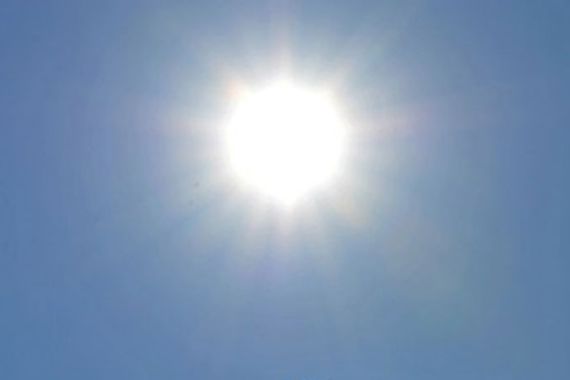The worst drought in 30 years
100,000 children in Namibia ‘at risk of malnutrition’ according to the United Nations.

The worst drought in 30 years is gripping northern Namibia.
Namibia, sub-Saharan Africa’s driest country, is used to dry weather, but this year has been extreme.
Keep reading
list of 4 itemsWorld’s coral reefs face global bleaching crisis
Why is Germany maintaining economic ties with China?
Australia’s Great Barrier Reef suffers worst bleaching on record
The majority of the country is desert or semi-desert, with the scanty rainfall increasing towards the north and east.
What little rain there is, normally falls between November and April. In this period the capital, Windhoek, would expect an average of 355mm of rain.
By April this year, the city had received less than 150mm, under 40% of the average.
This trend was reflected throughout the country and ensured that many crops failed.
In May, the drought prompted President Hifkepunya Pohamba to declare a state of emergency and pledge $20 million of aid to the worst-hit households.
However, the drought persists and now farmers are struggling to find food for their livestock, forcing many of them to sell their cattle.
To add to the problems, some cattle herders from Angola are reported to have crossed the border in search of food. This has fuelled tribal tensions as the competition for scarce food intensifies.
According to the United Nations, this is now the worst drought in a generation, with more than 100,000 children at risk of malnutrition.
“The shortages of food and water are increasing the immediate threat of disease and malnutrition,” said Micaela Marques De Sousa, the Namibia representative of UNICEF, the U.N.’s children’s agency. “But anecdotal reports already indicate children are dropping out of school, a clear sign of stress and vulnerability in families.”
Agriculture accounts for just 5% of the economy, but it’s estimated that a third of Namibians are dependent on some form of subsistence farming.
With no rain expected until November, the situation for many residents can only get worse in the coming months.